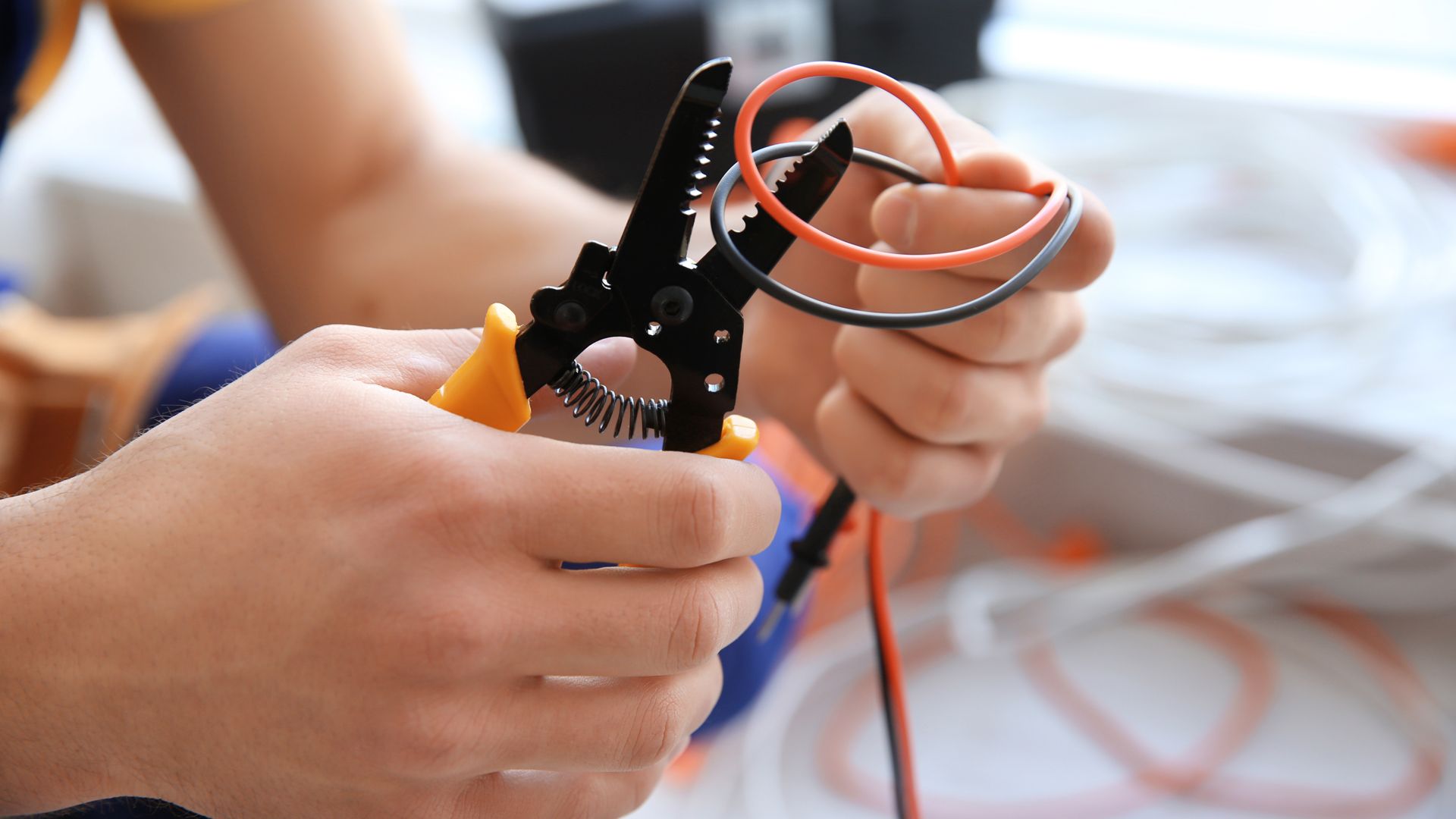As the popularity of electric vehicles (EVs) continues to rise, more and more homeowners are considering installing an electric vehicle charger at home. Not only does it offer convenience and cost savings, but it also contributes to a greener and more sustainable future.
In this blog post, we will provide you with a comprehensive guide on the benefits of installing an electric vehicle charger at home and offer practical tips to address common concerns.
1. Understanding the Cost Savings:
Installing an electric vehicle charger at home can lead to significant savings on fuel costs for homeowners. Compared to traditional gasoline-powered vehicles, electricity rates for charging an EV are generally much lower. The cost per mile for electric vehicles is typically lower than that of gasoline vehicles, resulting in substantial long-term savings. Additionally, off-peak electricity rates and incentives offered by utility companies can further reduce charging expenses. By taking advantage of these lower electricity rates, homeowners can enjoy a cost-effective and environmentally friendly transportation solution while keeping more money in their pockets.
2. Overcoming Range Anxiety:
Range anxiety is a common concern for potential electric vehicle (EV) owners, but there are practical ways to address it. Effective route planning is key to ensuring you have access to charging infrastructure when needed. Utilize online mapping tools and EV-specific apps to identify charging stations along your routes. Public charging stations, including those at shopping centers and rest areas, can provide a convenient option for longer journeys. Optimizing the charging process at home by taking advantage of off-peak electricity rates and scheduling charging sessions overnight can ensure your EV starts each day with a full charge. By incorporating these strategies, you can alleviate range anxiety and confidently embrace the benefits of owning an EV.
3. Maximizing Home Charging Efficiency:
To optimize your home charging setup for an electric vehicle (EV), there are several practical tips to keep in mind. Firstly, choose the right charging equipment that suits your needs. Level 2 chargers are most common for home use, providing faster charging speeds compared to standard Level 1 chargers. Secondly, consider the electrical capacity of your house. Ensure your electrical panel can handle the additional load and consult with a professional electrician if needed. Lastly, understand the charging speeds and how they affect your charging time. Higher-capacity chargers can deliver faster charging, but keep in mind that the charging speed also depends on your EV's capabilities.
4. Exploring Incentives and Rebates:
Homeowners who choose to install an electric vehicle (EV) charger at home can take advantage of various incentives and rebates that can significantly offset the costs. One of the most notable incentives is the federal tax credit, which allows eligible homeowners to claim a percentage of the charger's cost on their federal tax return. Many states offer their own incentives, such as rebates, grants, or tax credits, further incentivizing EV charger installations. It's also worth exploring utility company programs that provide financial incentives or special rates for EV charging. By researching and understanding the available incentives at the federal, state, and local levels, homeowners can maximize their savings and make the transition to electric mobility even more affordable.
Installing an electric vehicle charger at home offers numerous benefits, including cost savings, convenience, and environmental sustainability.
As a trusted electrical services provider, John Goudie Electrical Contractor, INC is here to assist you with the installation process, ensuring a seamless and efficient experience.
